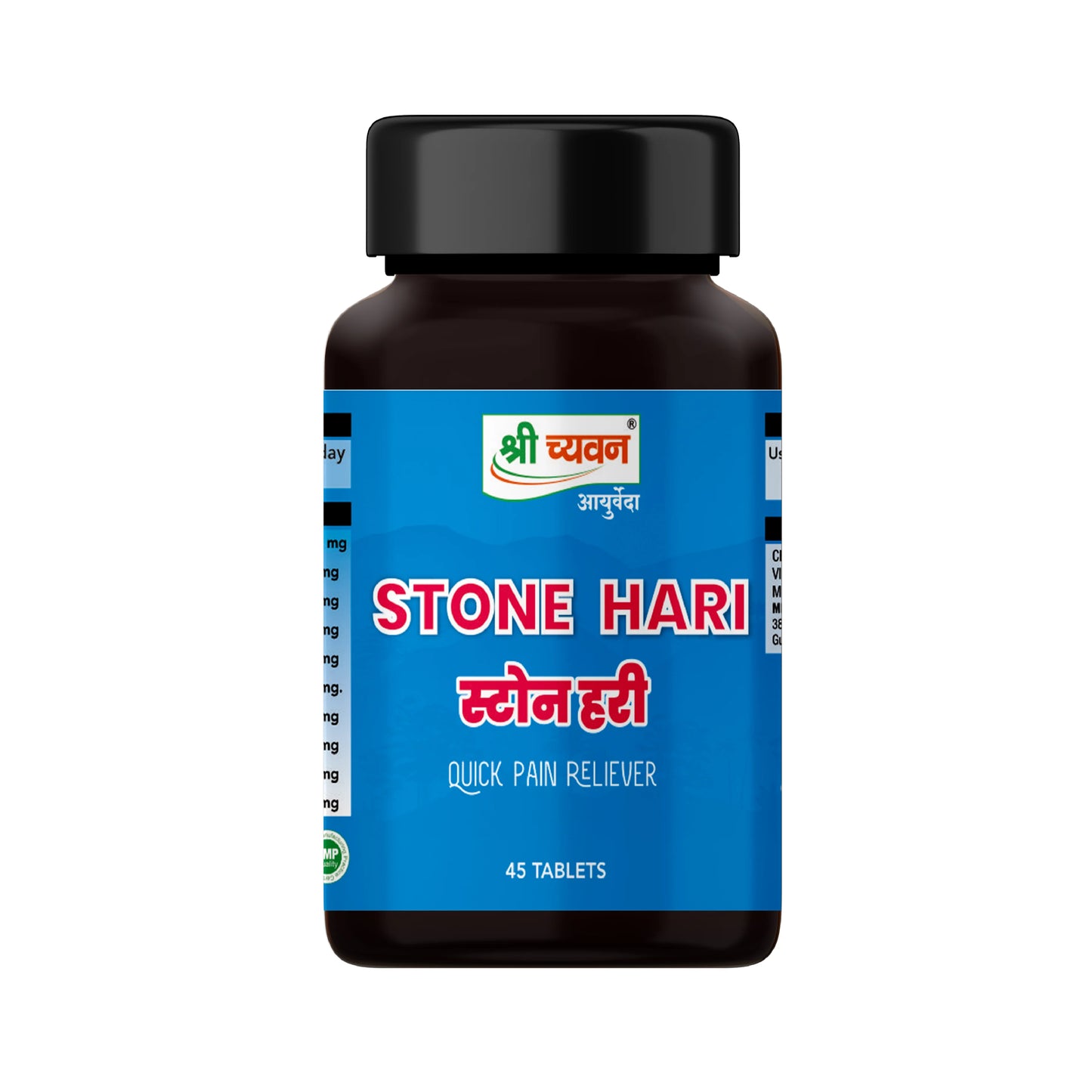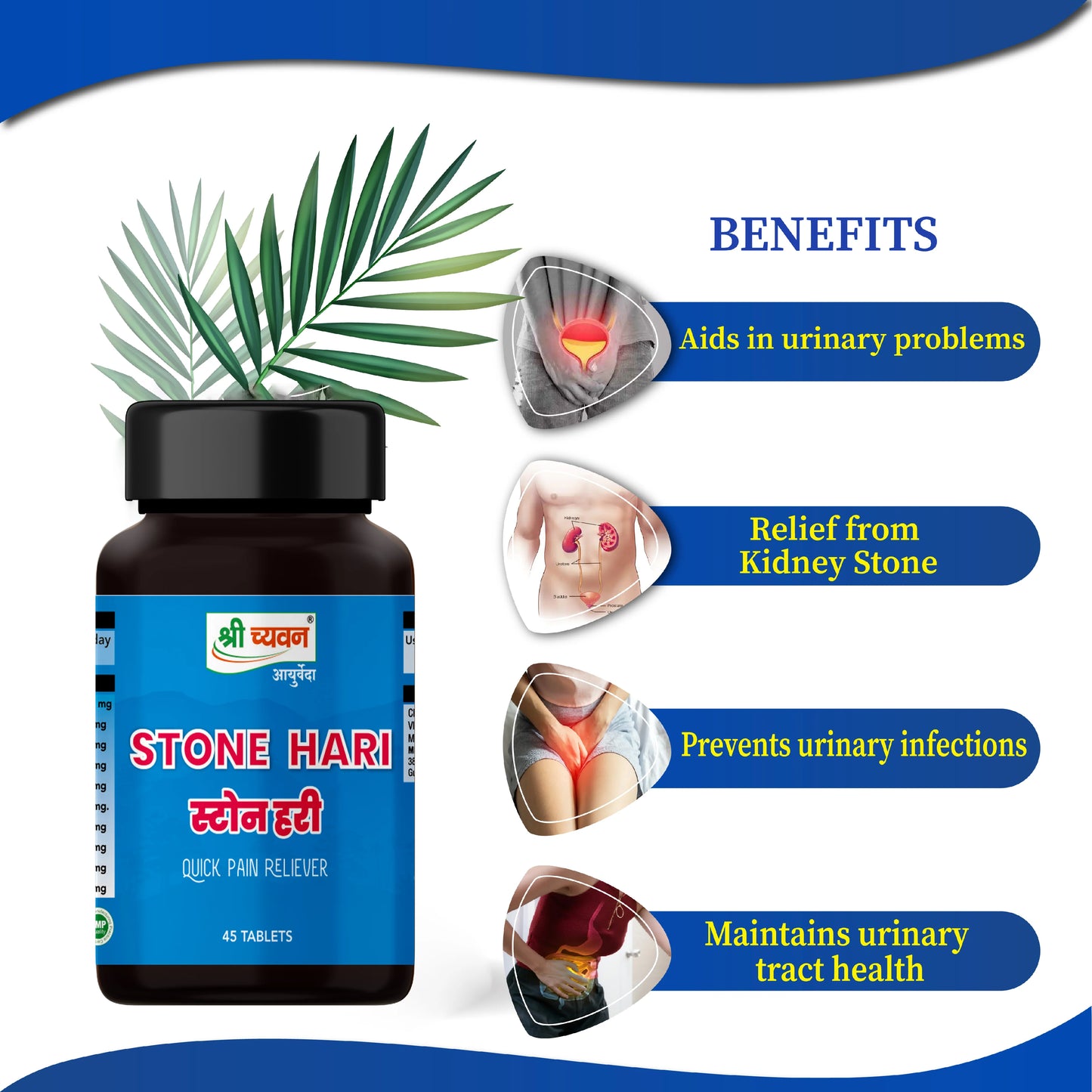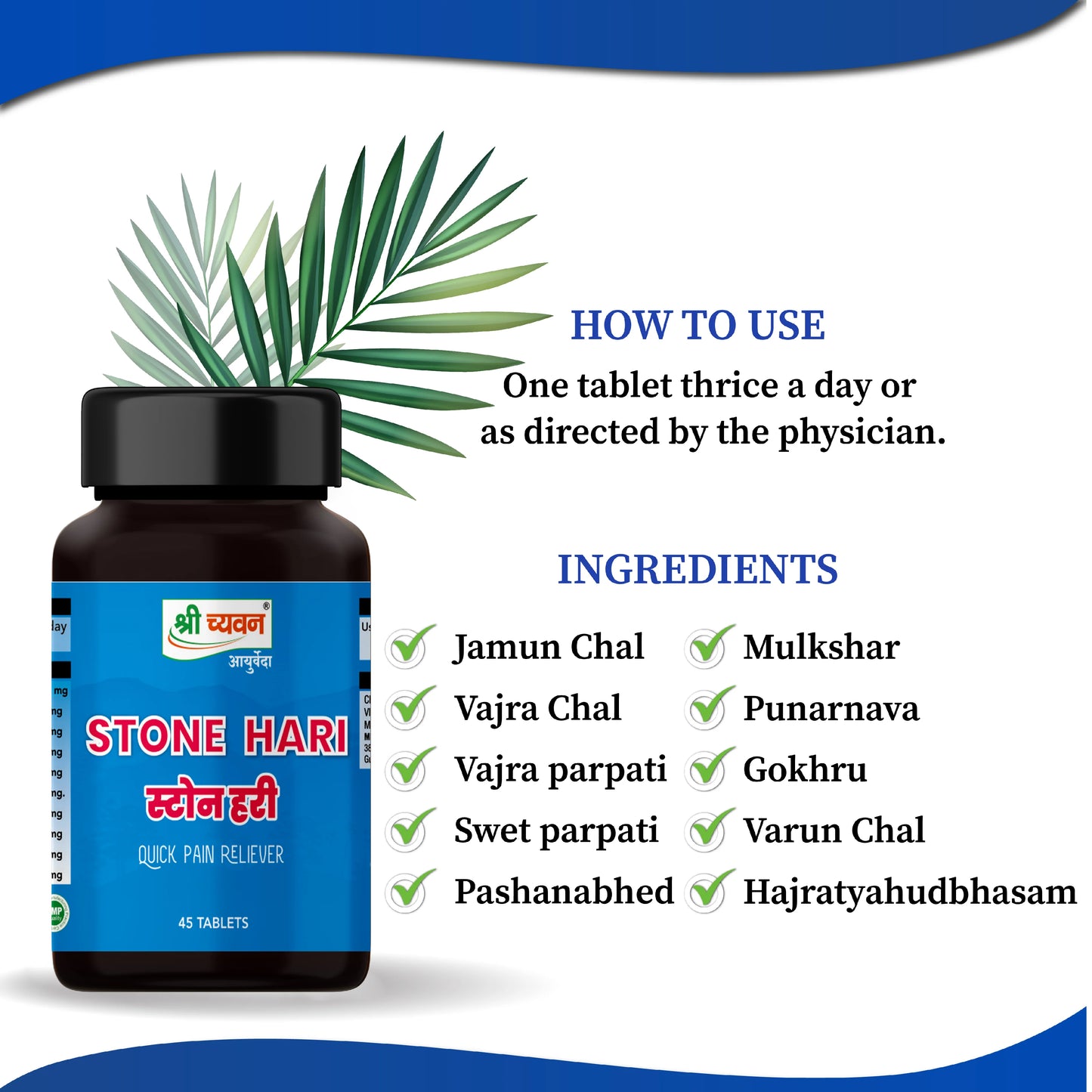Pregnancy is a time of immense joy and anticipation, but it can also bring unexpected challenges, including health concerns such as kidney stones. While kidney stones are relatively uncommon during pregnancy compared to other conditions, they can pose unique risks and management considerations for expectant mothers. In this blog, we'll explore the intersection of pregnancy and kidney stones, including the potential risks, management strategies, and safety considerations to ensure the well-being of both mother and baby.
Understanding the Risks
Kidney stones during pregnancy can present several challenges due to the physiological changes that occur in the body. Hormonal fluctuations, increased urinary calcium excretion, and changes in kidney function can contribute to the formation and passage of kidney stones. Additionally, dehydration, which is common during pregnancy, can further exacerbate the risk of stone formation. The presence of kidney stones during pregnancy may increase the likelihood of complications such as urinary tract infections, preterm labor, and obstructive uropathy, which can negatively impact maternal and fetal health.
Diagnosis and Management
Diagnosing kidney stones during pregnancy can be challenging due to limitations in imaging modalities that are safe for both the mother and the developing fetus. However, ultrasound is generally considered safe and effective for detecting kidney stones during pregnancy, while minimizing radiation exposure. Once diagnosed, the management of kidney stones in pregnant women focuses on pain management, hydration, and monitoring for potential complications. Conservative measures such as increased fluid intake, dietary modifications, and pain relief medications that are safe for use during pregnancy are typically recommended as first-line treatment options. In severe cases or when complications arise, hospitalization and more invasive interventions may be necessary, with careful consideration of the risks and benefits to both mother and baby.
Safety Considerations
When managing kidney stones in pregnant women, safety is paramount. Healthcare providers must weigh the potential risks of diagnostic and treatment interventions against the benefits while considering the unique needs of both the mother and the developing fetus. Imaging studies that expose the fetus to ionizing radiation, such as CT scans, are generally avoided during pregnancy due to potential teratogenic effects. Instead, non-ionizing imaging modalities such as ultrasound are preferred for diagnosing kidney stones. Similarly, medications used for pain relief and stone management must be selected carefully to minimize potential harm to the fetus. Nonsteroidal anti-inflammatory drugs (NSAIDs) are generally avoided in later stages of pregnancy due to their association with adverse effects on fetal development, while opioids may be used cautiously under close medical supervision.
Prevention Strategies
Preventing kidney stones during pregnancy involves implementing strategies to reduce the risk of stone formation and minimize potential complications. Adequate hydration is key, as it helps dilute urine and prevent the concentration of minerals that can lead to stone formation. Pregnant women are encouraged to drink plenty of water throughout the day, aiming for at least 8-10 glasses of water daily. Additionally, maintaining a balanced diet low in sodium and oxalate-rich foods can help reduce the risk of stone formation. Regular prenatal care and monitoring are essential for early detection of any potential complications associated with kidney stones during pregnancy, allowing for timely intervention and management.
The Ayurvedic Approach of Stone Hari
Stone Hari, crafted by Shri Chyawan Ayurveda, embodies the essence of Ayurvedic wisdom, offering a blend of traditional herbs and natural ingredients meticulously formulated to support kidney health and facilitate the dissolution and elimination of kidney stones. This Ayurvedic remedy harnesses the therapeutic properties of herbs known for their diuretic, lithotriptic, and anti-inflammatory effects, promoting urinary tract health and preventing the recurrence of kidney stones.
The Holistic Approach of Stone Hari
Stone Hari adopts a holistic approach to kidney stone management, addressing not only the physical symptoms but also the underlying imbalances contributing to stone formation. By supporting digestion, detoxification, and overall kidney function, Stone Hari helps restore the body's natural equilibrium, thereby reducing the risk of recurrent kidney stones and promoting long-term urinary tract health.
Safety and Efficacy
As with all Ayurvedic remedies, safety and efficacy are paramount. Stone Hari by Shri Chyawan Ayurveda is manufactured using traditional methods and adheres to stringent quality standards to ensure purity, potency, and safety. Formulated by experienced Ayurvedic practitioners and backed by centuries of traditional knowledge, Stone Hari offers a natural and gentle approach to kidney stone management without the risk of adverse side effects commonly associated with conventional treatments.
While kidney stones during pregnancy are relatively rare, they can present significant challenges for expectant mothers and healthcare providers. By understanding the risks, implementing preventive measures, and adopting safe and effective management strategies, it is possible to minimize the impact of kidney stones on maternal and fetal health. Open communication between pregnant women and their healthcare providers is essential to ensure that appropriate measures are taken to address any concerns related to kidney stones during pregnancy. With careful monitoring and tailored interventions, pregnant women can navigate the challenges of kidney stones while safeguarding the health and well-being of themselves and their babies.
FAQ's
1. Are kidney stones common during pregnancy?
Kidney stones are relatively uncommon during pregnancy compared to other conditions, but they can still occur due to hormonal fluctuations, increased urinary calcium excretion, and dehydration, among other factors.
2. What are the risks associated with kidney stones during pregnancy?
Kidney stones during pregnancy can increase the risk of complications such as urinary tract infections, preterm labor, and obstructive uropathy, which can negatively impact both maternal and fetal health.
3. How are kidney stones diagnosed during pregnancy?
Diagnosing kidney stones during pregnancy can be challenging due to limitations in imaging modalities that are safe for both the mother and fetus. However, ultrasound is generally considered safe and effective for detecting kidney stones during pregnancy.
4. What are the management strategies for kidney stones during pregnancy?
Management of kidney stones in pregnant women focuses on pain management, hydration, and monitoring for potential complications. Conservative measures such as increased fluid intake, dietary modifications, and safe pain relief medications are typically recommended.
5. What safety considerations are important when managing kidney stones during pregnancy?
Safety is paramount when managing kidney stones in pregnant women. Imaging studies that expose the fetus to ionizing radiation, such as CT scans, are generally avoided. Medications used for pain relief and stone management must be selected carefully to minimize potential harm to the fetus.
6. How can kidney stones be prevented during pregnancy?
Preventing kidney stones during pregnancy involves implementing strategies to reduce the risk of stone formation, such as adequate hydration, maintaining a balanced diet low in sodium and oxalate-rich foods, and regular prenatal care and monitoring.
7. What is Stone Hari, and how does it help with kidney stone management during pregnancy?
Stone Hari by Shri Chyawan Ayurveda is an Ayurvedic remedy formulated to support kidney health and facilitate the dissolution and elimination of kidney stones. It harnesses the therapeutic properties of traditional herbs to promote urinary tract health and prevent stone recurrence.
8. How does Stone Hari adopt a holistic approach to kidney stone management?
Stone Hari addresses not only the physical symptoms but also the underlying imbalances contributing to stone formation, supporting digestion, detoxification, and overall kidney function to restore the body's natural equilibrium.
9. Is Stone Hari safe to use during pregnancy?
Stone Hari by Shri Chyawan Ayurveda is manufactured using traditional methods and adheres to stringent quality standards to ensure purity, potency, and safety. It is formulated by experienced Ayurvedic practitioners and is safe for use during pregnancy when used as directed.
10. Where can I find more information about managing kidney stones during pregnancy?
For more information about managing kidney stones during pregnancy, it is important to consult with a healthcare provider who can provide personalized guidance and support tailored to individual needs and circumstances.








